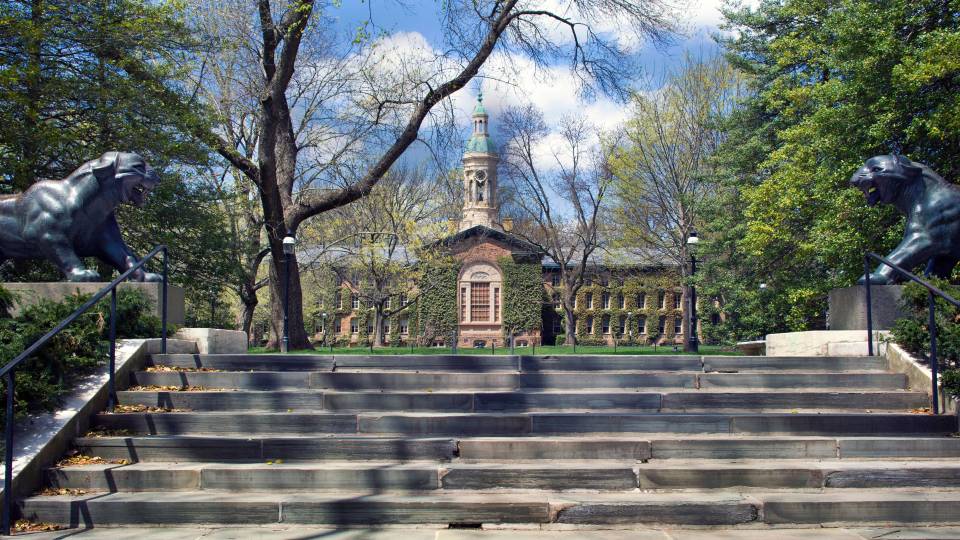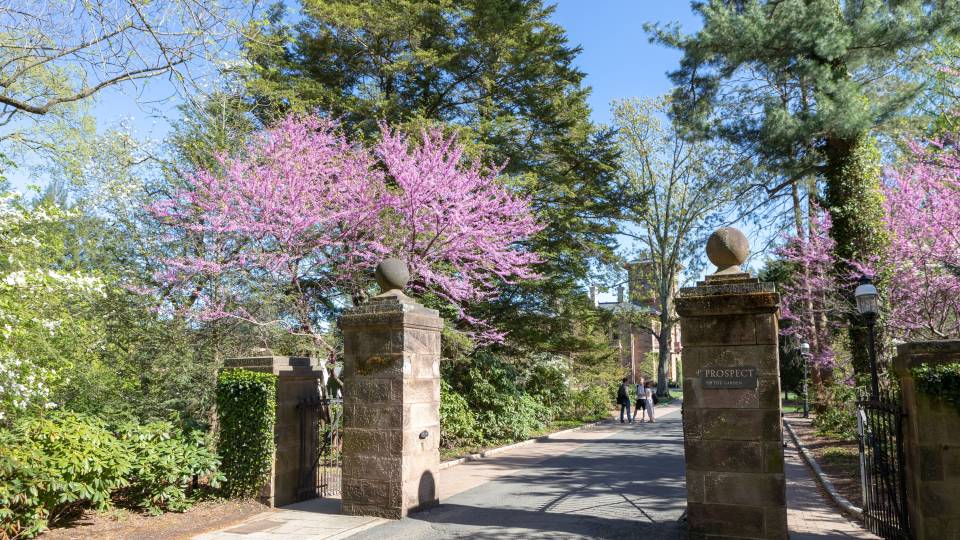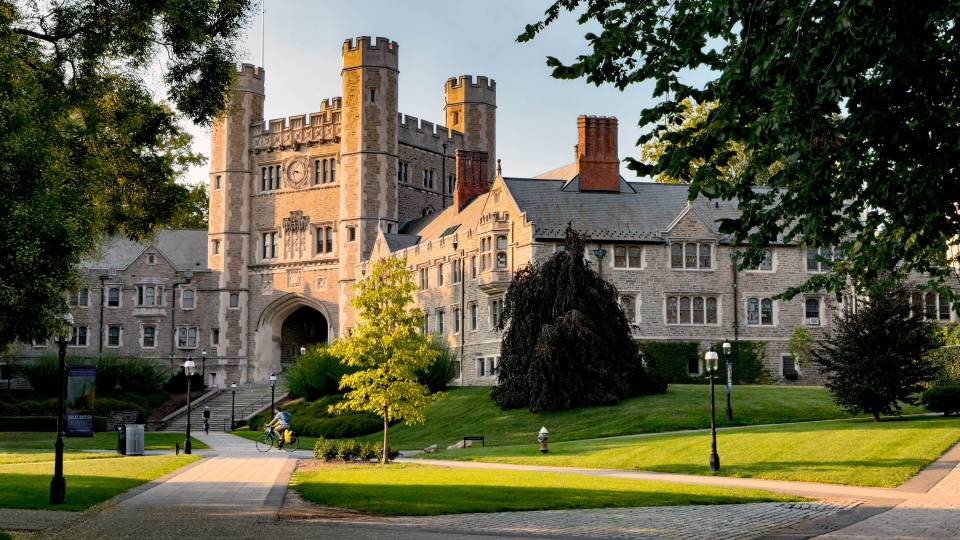Princeton University has made significant progress during the past year to foster a more inclusive campus climate, and continues to implement new programs and practices related to issues of diversity, equity and inclusion.
In May 2015, a Special Task Force on Diversity, Equity and Inclusion endorsed more than 40 strategies to improve the campus environment. A progress report (.pdf) on the task force's recommendations notes that, a year later, all of the recommended actions have begun and many are complete.
"We have made important progress this year, but our work is ongoing," Vice Provost for Institutional Equity and Diversity Michele Minter said. "Ensuring an inclusive campus climate requires a sustained and long-term commitment. New activities and ideas will emerge, and we want to continue to engage students, faculty and staff in these efforts."
Highlights of the progress to date include:
- Appointing LaTanya Buck as dean for diversity and inclusion, a new position in the Office of the Vice President for Campus Life.
- Allocating additional funding for staff and student-initiated programs at the Carl A. Fields Center for Equality and Cultural Understanding, Women*s Center, and Lesbian, Gay, Bisexual and Transgender (LGBT) Center.
- Adjusting programming and the use of space at the Fields Center to better serve the needs of students of color, as well as creating a diversity peer educators program at the center.
- Providing funding to hire faculty and develop courses to expand academic offerings related to issues of race, ethnicity, culture and difference. An initiative to diversify the faculty has been underway for a few years, while a number of courses focused on cultural identity and diversity were taught for the first time this year and more are scheduled for next year.
- Expanding communications to graduate students about identity-based resources for them.
- Developing new or expanded diversity-related programming for undergraduate and graduate student orientations.
- Expanding training for administrators and student leaders about how to respond to bias concerns, as well as providing training opportunities on inclusive teaching practices for faculty and Assistants in Instruction (AIs).
- Establishing the Campus Conversations on Identities initiative to support campus-wide public programs about identity and difference.
Other task force recommendations should be fully implemented during the upcoming 2016-17 academic year, and resources are in place to ensure that new programs and practices requiring ongoing attention will receive continued support.
Among ongoing initiatives, the first phase of renovation at the Fields Center is scheduled for completion by fall 2016 and further work is expected in 2017. Students have helped identify renovation needs so the center may serve as a hub for cultural affinity groups and focus programming on issues related to diversity, inclusion and social justice.
Some of the continued efforts for the next academic year include:
- The offices of the dean of the college and vice president for campus life continuing to expand programs that address social and cultural needs of low-income and first-generation students. The Office of the Dean of the College has already launched the Scholars Institute Fellows Program, which builds on the Freshman Scholars Institute summer program, to offer comprehensive mentorship and support to low-income and first-generation students during their four years at Princeton.
- The Office of the Dean of the Faculty identifying more opportunities to offer diversity and inclusion training for faculty.
- The Office of the Vice President for Campus Life continuing to work with eating club leadership to offer diversity-related training, as well as working with the undergraduate and graduate student governments to include diversity, equity and inclusion as core values for student organizations.
Faculty, student, staff and trustee groups, including the new Board of Trustees Special Committee on Diversity and Inclusion, will continue to provide oversight and help review ongoing University initiatives.
"The themes of the task force's report will remain institutional priorities as this important work continues." Minter said.


